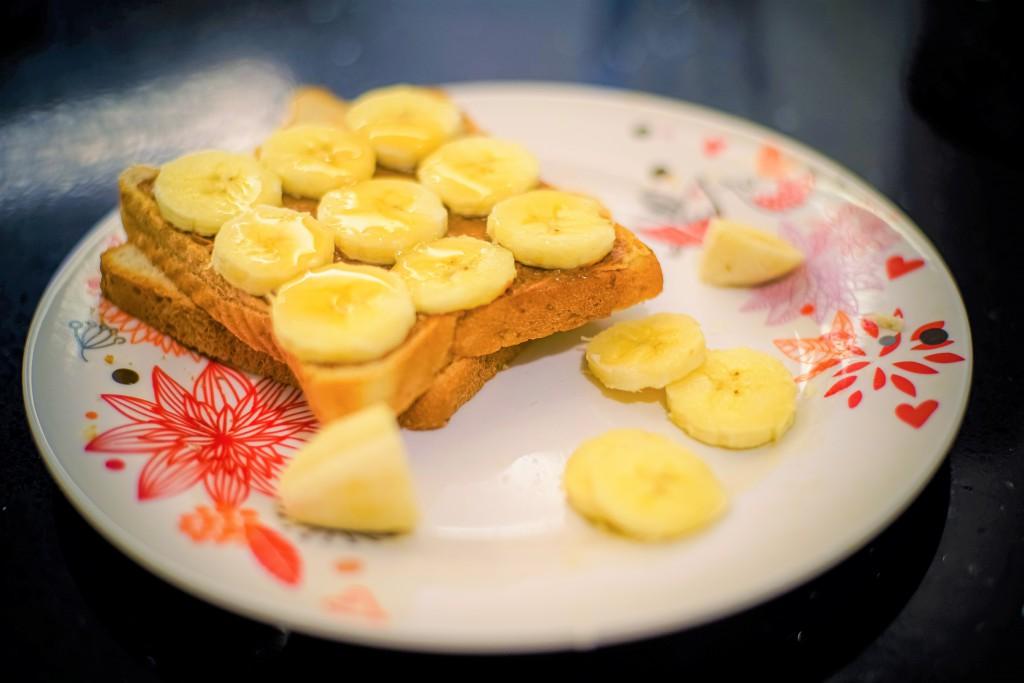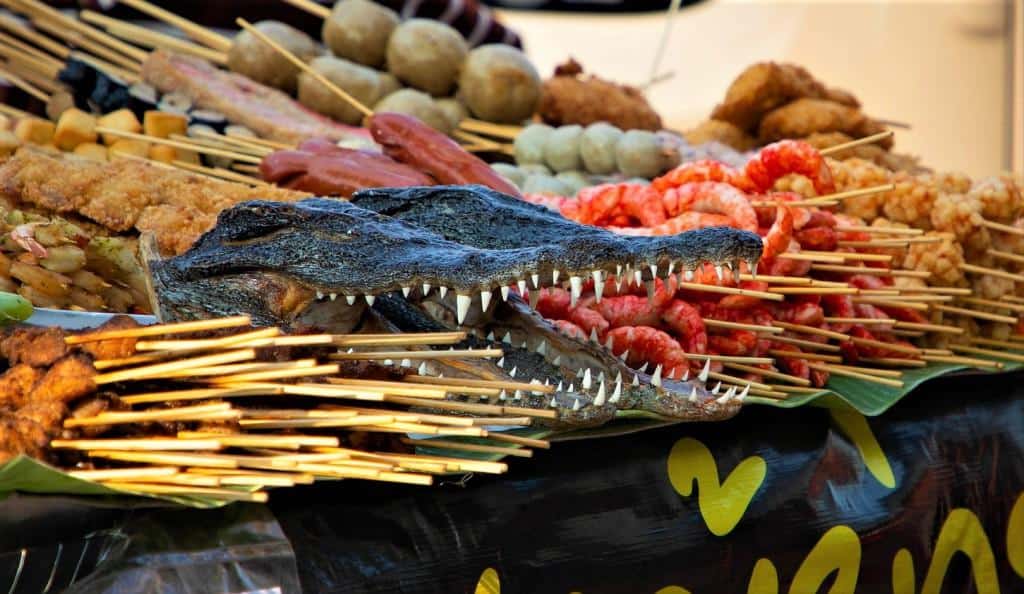Travelling adventurously, for me, means eating adventurously – throwing myself into new culinary experiences where tastes, textures and table etiquette are refreshingly alien.
And 99 per cent of the time this is a win-win for myself and the bemused soup merchants who find me gravitating to their stalls down Thai back alleys.
However, that one time in a hundred is the kicker. Because sometimes – just sometimes – my nonchalance towards such trifling matters as food-hygiene standards comes back to bite me. Hard.
Yes, food poisoning: that occasional reminder that just because someone is willing to sell you something, doesn’t necessarily mean you should introduce it to your digestive system.

Thankfully, after many years on the road and many evenings spent hugging the toilet, I’ve developed a few heuristics to avoid the worst excesses of a bad meal. These will by no means guarantee you won’t get sick, but they will probably decrease the chances by a decent margin.
Note, serious food poisoning on the road is no joke. If your symptoms are severe or you have underlying health issues, contact an urgent care provider for professional advice.
Read on for my simple rules-of-thumb to avoid food poisoning.

If you feed them, they will come
Deciding which street stall to spend your hard-earned money at? Go for the busiest. A high turnover of customers means fresh food. Ideally, most of those customers should be local; not only an endorsement of the cuisine but also a sign that the place gets repeat custom (read: very little food poisoning).

Far from the sea? Far from me
The age-old rule not to eat seafood inland is, to be honest, a little dated. Modern refrigeration and efficient supply chains means even backwaters (no pun intended) can offer fresh squid without too much risk. But tread carefully: a busy restaurant with a seafood-heavy menu may have got its deliveries down to a fine art, but the struggling place around the corner may still be flogging last week’s stock.
Tastes off? Meal’s off
When something doesn’t taste quite right with your meal, stop eating. Put the fork down, pay up and go about your day. Don’t eagerly try to identify that mystery taste like some sort of masochistic Heston Blumenthal. Trust your gut on this one. It’ll thank you later.

Legend of the iron stomach
It is a truth apparent that the longer you expose your stomach to disparate flavour combinations, spices, and varieties of cooking styles, the better your stomach gets at processing it all. But if you’re newly arrived in country, take it slow. Introduce new dishes gradually and don’t feel bad about grabbing a Seven-Eleven sandwich in between forays into more authentic cuisine. It takes time to build up that iron stomach.

High-end hygiene is a myth
If you’re in a less-developed country and feeling squeamish about the perceived lack of hygiene standards at street-level, it can be tempting to fall back into the relative familiarity of a higher-end restaurant. You know, where the waiters dress in brilliant white and it just feels so professional. This is a mistake. Don’t be misled by the prices on the menu – the kitchen may still be a horror-show. Indeed, the fact that it’s not visible to the public is an even bigger red flag.

Hope for the best, prepare for the squirts
No matter how much you try to avoid a dodgy stomach, at some point you’re going to eat a meal you disagree with. In most cases, this is not the end of the world. But there are simple steps you can take to minimise the worst of the symptoms.
Firstly, make sure you stay hydrated (ideally with electrolytes). Secondly, over-the-counter drugs like Pepto-Bismol and Imodium (known generically as bismuth subsalicylate and loperamide) can settle stomachs, but there’s certainly an argument for just letting everything, ahem, pass through you. Rest, drink water, and, when it’s time to reintroduce solid food, try the BRAT diet (banana, rice, apple sauce, toast).









